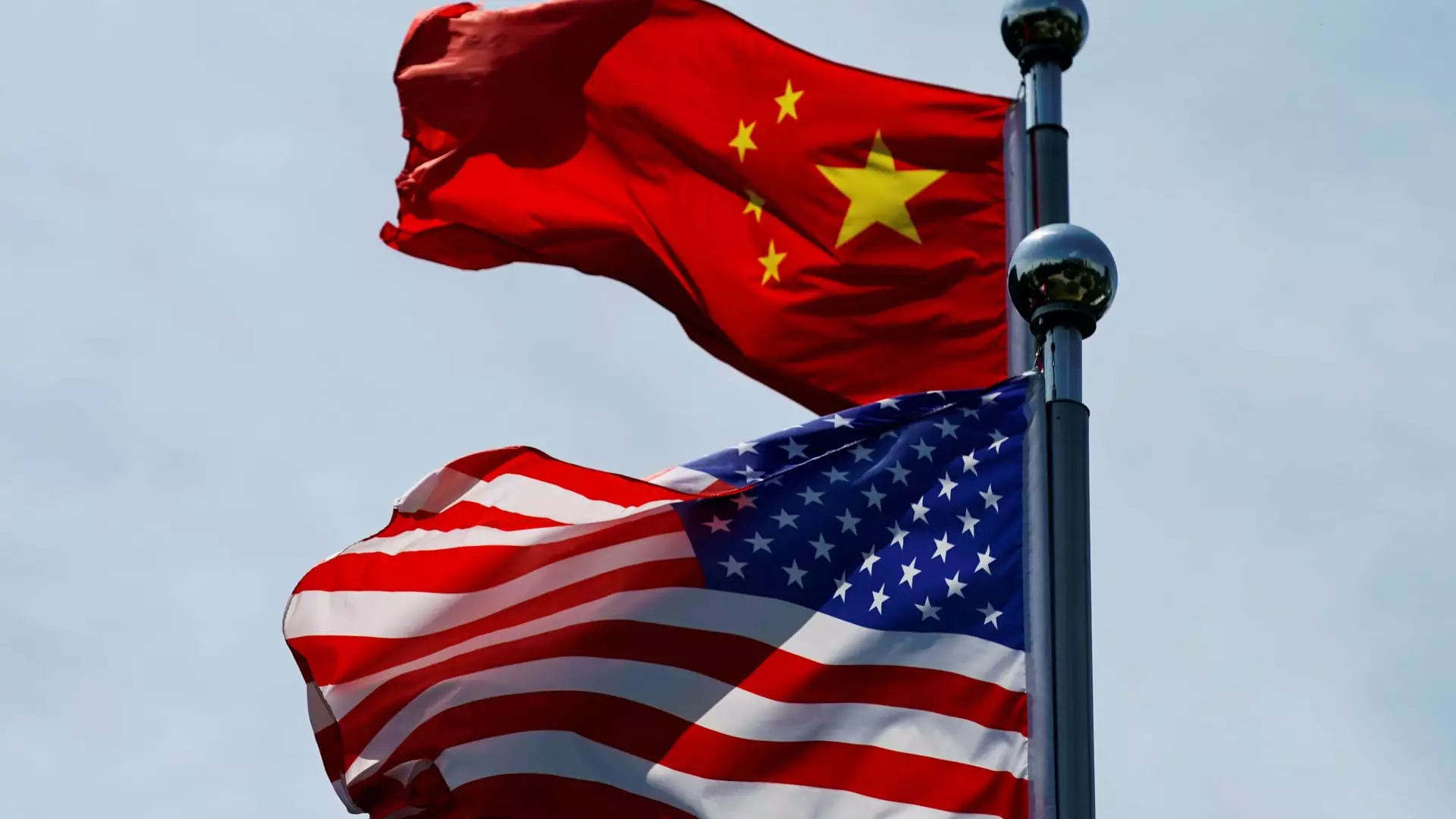In a bold move signaling a departure from established trade practices, President-elect Donald Trump has proposed an increase in tariffs on Chinese goods by 10%, alongside imposing significant tariffs on products imported from Canada and Mexico. This strategy, conveyed through his social media platform Truth Social, underscores his administration’s resolve to address issues of illegal immigration and the illicit drug trade. Trump’s impending inauguration sets the stage for a reevaluation of the United States’ economic policies and its international partnerships. Critics argue that these tariffs may lead to an escalation in tensions not only with China but also with key allies in North America.
Trump has articulated his stance on drug trafficking, particularly focusing on Fentanyl, a synthetic opioid responsible for numerous overdose deaths in the U.S. His rationale hinges on the notion that China plays a critical role in the manufacturing and distribution of this dangerous substance. By threatening increased tariffs, Trump aims to leverage economic pressure on China, a strategy he believes could compel the Chinese government to take action against the drug trade. However, this approach raises questions about the efficacy of using economic policy as a means to address complex social issues. The belief that tariff imposition can directly influence drug production or trafficking may be overly simplistic.
In response to Trump’s announcement, Chinese representatives, including Liu Pengyu from the embassy in the U.S., have criticized these proposed tariffs, emphasizing the mutually beneficial nature of trade between the two nations. The statement highlights an important aspect of international economics: that trade actions can lead to retaliatory measures, creating a cycle that may ultimately disadvantage all parties involved. Liu further noted the ongoing cooperation between U.S. and Chinese counternarcotics teams, indicating that China has been engaging in dialogue regarding drug enforcement, albeit arguably at a slower pace than what the U.S. desires.
Moreover, economic analysts, including Kinger Lau from Goldman Sachs, suggest that the announced tariffs were less severe than market expectations had predicted, potentially signaling a moderated approach from the Trump administration. Lau anticipates that in response to rising tariffs, China may resort to economic measures such as decreasing interest rates and enhancing fiscal stimulus to mitigate any adverse impacts on its economy.
The proposed tariffs could have profound implications for North America’s trade relationships. Not only does Mexico rank as the largest trading partner for the United States, followed closely by Canada, but these neighboring countries are integral to various trade agreements. Trump’s threats to impose tariffs on imports from these nations could jeopardize established free trade agreements and disrupt supply chains that exist across borders. This situation presents a unique challenge for Canadian and Mexican policymakers as they navigate their economic reliance on the U.S. market while also considering potential retaliation.
Disrupting these relationships raises critical questions about the long-term strategy of the Trump administration. How will allies respond if tariffs are enacted? The diplomatic ramifications could extend beyond immediate economic impacts, creating lasting barriers to cooperation in other areas such as security and environmental policy.
As this trade narrative unfolds, it forces us to evaluate the broader implications of tariff wars. Economists and strategists suggest that no nation emerges unscathed from a trade war; instead, the fallout can reverberate through global markets. The notion that increasing tariffs will ever be a one-sided benefit fails to take into account the complexities of a globalized economy where interdependencies are paramount.
Trump’s proposed tariff hikes signify a fundamental shift in U.S. trade policy, with potential ramifications extending beyond immediate economic concerns to encompass diplomatic relations and global economic stability. As countries like China prepare their responses and neighboring nations weigh their options, the world watches closely, understanding all too well that future steps taken could redefine international trade dynamics for years to come.


Leave a Reply